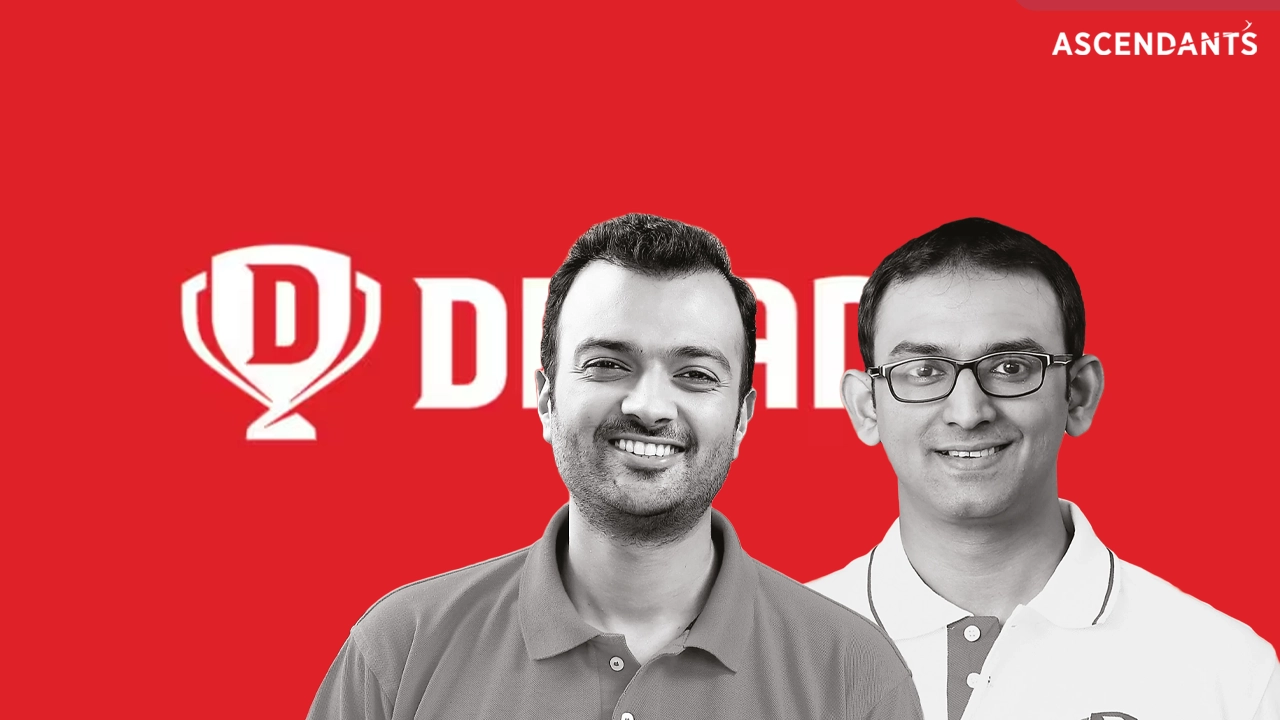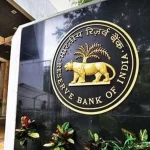Dream11 was born from the passion of two sports-loving friends fresh out of college. Harsh Jain and Bhavit Sheth, avid players of English fantasy football leagues, realised in 2008 that the newly launched Indian Premier League (IPL) lacked a similar fantasy gaming experience.
The duo co-founded Dream11 in 2008 as a personal project. Harsh Jain, an engineer from the University of Pennsylvania with an MBA from Columbia, and Bhavit Sheth, an engineering graduate from Bentley University, combined their tech skills and sports passion to launch the platform.
Initially, Dream11 offered a free, season-long fantasy sports platform supported by ads. However, it struggled to gain traction. In 2012, they pivoted to a daily fantasy sports model, introducing monetized contests. This pay-to-play format proved more engaging and legally viable, as courts later ruled fantasy cricket a game of skill, not chance.
Founders’ Journey: Persistence Pays
Harsh Jain, son of businessman Anand Jain, initially worked in his family firm but longed to build something in sports. Bhavit Sheth shared this ambition. Together, they launched Red Digital in 2010, a digital marketing firm, which they sold in 2013 for ₹7 crore. This gave them startup capital and experience.
Convincing investors wasn’t easy. They faced over 150 rejections before a breakthrough came via Snapdeal’s Kunal Bahl, who introduced them to Kalaari Capital in 2014. This led to Dream11’s first major funding.
Funding Timeline & Key Investors
Dream11’s transformation into a unicorn was supported by key funding rounds:
- 2015 (Series A): Kalaari Capital invests (undisclosed amount, valuation < $100M)
- 2016 (Series B): Think Investments and Multiples PE join; user base hits ~5.7M
- Sept 2018 (Series D): Tencent leads $100M round; valuation ~$700–750M
- Apr 2019: Steadview Capital purchase pushes valuation above $1B
- Sept 2020: $225M round led by Tiger Global, TPG, and ChrysCapital; valuation ~$2.5B
- Nov 2021: $840M round led by Tiger Global, D1 Capital, DST Global; valuation ~$8B
By 2024, Dream11 leaned toward self-sustainability, with strong revenues and no major new funding rounds.
Growth Milestones: Users, Revenue & Expansion
User Base:
- 1M in 2014
- 2M in 2016
- 45M in 2018
- 100M+ in 2020
- 200M+ Users Currently
Despite being absent from Google Play Store, users willingly downloaded the app from its website.
Market Expansion:
- Initially focused on cricket
- Added football, basketball, kabaddi, and hockey by 2018
- ~60% of transactions now come from Tier 2 and Tier 3 cities
Revenue Trajectory:
- FY18: ₹225 crore
- FY19: ₹775 crore
- FY20: ₹2,120 crore
- FY21: ₹2,700 crore
- FY23: ₹6,384 crore (~US$750M)
Dream11 turned profitable in FY20 with ₹181 crore in profits and has stayed in the black since. Its service fee (10–15%) ensures a sustainable business model. IPL 2023 alone added 12M users and boosted fantasy sports revenue by 24%.
Marketing and User Engagement Strategies
Dream11’s rise was accelerated by smart marketing and fan engagement.
Brand Ambassadors:
- In 2017, Harsha Bhogle joined as the first brand ambassador, adding credibility.
- In 2018, M.S. Dhoni became the face of Dream11’s “Dimaag se Dhoni” campaign, encouraging strategic gameplay.
- In 2019, Dream11 partnered with 7 IPL team players and franchises for a multi-channel campaign.
- In 2022, Bollywood stars Kartik Aaryan and Samantha Ruth Prabhu were onboarded to widen Dream11’s appeal.
- Cricketers like Rohit Sharma, Pant, Pandya, Dhawan, Iyer, and Bumrah also promote Dream11.
- Currently, Amir Khan vs Ranbir Kapoor 11 campaign is appreciated by all.
Sponsorships & Partnerships:
- Title sponsor for IPL 2020 (₹222 crore)
- Lead jersey sponsor for Team India (2023-2026, ₹358 crore)
These gave Dream11 unmatched visibility and association with India’s most beloved sport.
User Engagement Tactics:
- A robust referral program boosted virality, especially in small towns.
- Mega contests with prize pools of ₹1 crore or more during tournaments.
- Personalized notifications, fantasy tips, player stats, and loyalty rewards enhanced engagement.
- The platform aims to convert casual fans into core sports lovers, making them active stakeholders in every game.
Employment and Economic Impact
Direct Jobs:
- Over 1,000 people by 2023 across tech, analytics, marketing, and support functions
Indirect Employment:
- ~12,000 jobs by FY22 across agencies, media, payment, and customer support
- Projected to hit 17,500 by FY27
Economic Contribution:
- ₹4,500 crore in taxes (2017-2022)
- ₹3,100 crore invested into real-world sports
Dream11 has become a driver of economic activity in India’s sports and tech sectors.
India’s Online Gaming & Fantasy Sports Market
- Over 180M fantasy users across 300+ platforms by 2023
- FY22 revenue: ₹6,800 crore
- Projected to hit ₹25,000+ crore by FY27 (30% CAGR)
Challenges:
- Legal clarity gained after 2017 court ruling (fantasy = game of skill)
- GST Council imposed 28% tax on contest entry fees in 2023
- Growth may dip ~10% in FY25 due to tax impact
Dream11 co-founded the FIFS in 2017 to promote self-regulation and best practices.
Strategic Partnerships & Innovations
Sports Partnerships:
- Official fantasy partner for ICC, NBA, ISL, Pro Kabaddi, Hockey India
- Global tie-ups with New Zealand Cricket and CPL
Product Evolution:
- Shifted from web to mobile-first design for low-bandwidth use
- Introduced features like private contests, smart player suggestions
- Launched FanCode (sports content), Dream Capital (venture fund), DreamSetGo (sports travel)
Regulatory Compliance:
- Blocks access in states banning fantasy gaming
- Implements responsible gaming tools
- Supported by key court victories upholding fantasy sports as legal
From a dorm-room concept to a $8B enterprise, Dream11 has revolutionized how Indians consume and engage with sports. With over 200 million users, profitability, and strategic depth, Dream11 continues to lead India’s fantasy gaming evolution while shaping the broader sports-tech industry.
Also Read: Mohan Singh Oberoi: The Man Who Transformed Indian Hospitality








